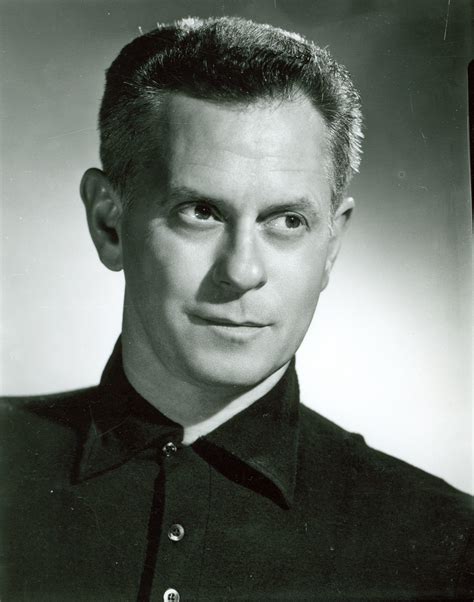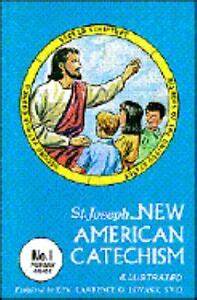A Quote by John Adams
Tis impossible to judge with much Præcision of the true Motives and Qualities of human Actions, or of the Propriety of Rules contrived to govern them, without considering with like Attention, all the Passions, Appetites, Affections in Nature from which they flow. An intimate Knowledge therefore of the intellectual and moral World is the sole foundation on which a stable structure of Knowledge can be erected.
Related Quotes
I am convinced that it is impossible to expound the methods of induction in a sound manner, without resting them upon the theory of probability. Perfect knowledge alone can give certainty, and in nature perfect knowledge would be infinite knowledge, which is clearly beyond our capacities. We have, therefore, to content ourselves with partial knowledge - knowledge mingled with ignorance, producing doubt.
Everyone recognizes a distinction between knowledge and wisdom. . . Wisdom is a kind of knowledge. It is knowledge of the nature, career, and consequences of human values. Since these cannot be separated from the human organism and the social scene, the moral ways of man cannot be understood without knowledge of the ways of things and institutions.
It [knowledge] is clearly related to information, which we can now measure; and an economist especially is tempted to regard knowledge as a kind of capital structure, corresponding to information as an income flow. Knowledge, that is to say, is some kind of improbable structure or stock made up essentially of patterns - that is, improbable arrangements, and the more improbable the arrangements, we might suppose, the more knowledge there is.
I am sincerely trying now to create a dance technique based entirely upon corrective exercises, created with a knowledge of human anatomy; a technique which will correct physical faults and prepare a dancer for any type of dancing he may wish to follow; a technique having all the basic movements which govern the actions of the body; combined with a knowledge of the origin of movement and a sense of artistic design.
Each member of society can have only a small fraction of the knowledge possessed by all, and...each is therefore ignorant of most of the facts on which the working of society rests...civilization rests on the fact that we all benefit from knowledge which we do not possess. And one of the ways in which civilization helps us to overcome that limitation on the extent of individual knowledge is by conquering intelligence, not by the acquisition of more knowledge, but by the utilization of knowledge which is and which remains widely dispersed among individuals.
One man watches a river flow by. If he does not wish it to flow, to change ceaselessly in accord with its nature, he will suffer great pain. Another man understands that nature of the river is to change constantly, regardless of his likes and dislikes, and therefore he does not suffer. To know existence as this flow, empty of lasting pleasure, void of self, is to find that which is stable and free of suffering, to find true peace in the world.
It is impossible to talk of respect for students for the dignity that is in the process of coming to be, for the identities that are in the process of construction, without taking into consideration the conditions in which they are living and the importance of the knowledge derived from life experience, which they bring with them to school. I can in no way underestimate such knowledge. Or what is worse, ridicule it.
Confronted with such a variety most philosophers try to establish one approach to the exclusion of all others. As far as they are concerned there can only be one true way- and they want to find it. Thus normative philosophers argue that knowledge is a result of the application of certain rules, they propose rules which in their opinion constitute knowledge and reject what clashes with them.
Of true knowledge at any time, a good part is merely convenient, necessary indeed to the worker, but not to an understanding of his subject: One can judge a building without knowing where to buy the bricks; one can understand a violin sonata without knowing how to score for the instrument. The work may in fact be better understood without a knowledge of the details of its manufacture, of attention to these tends to distract from meaning and effect.

































